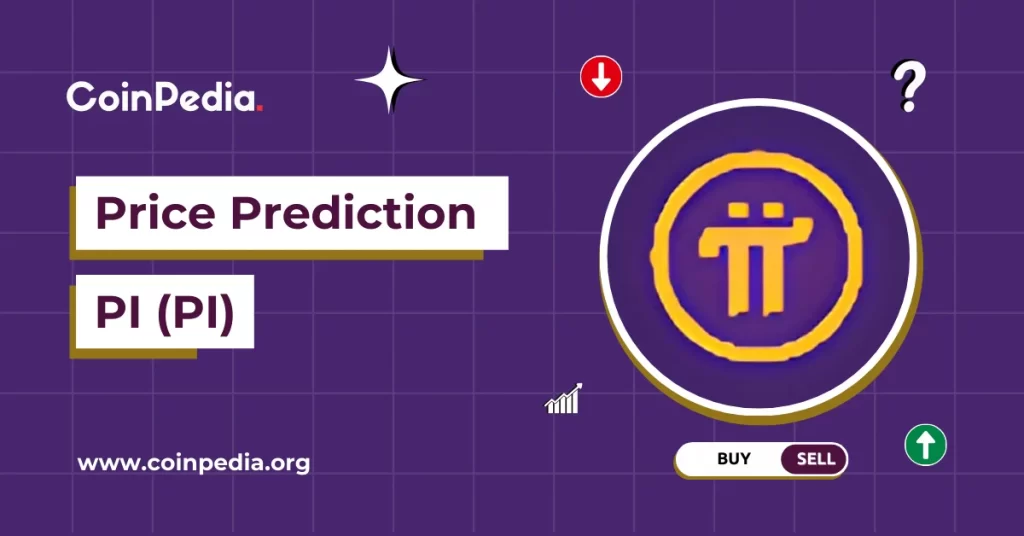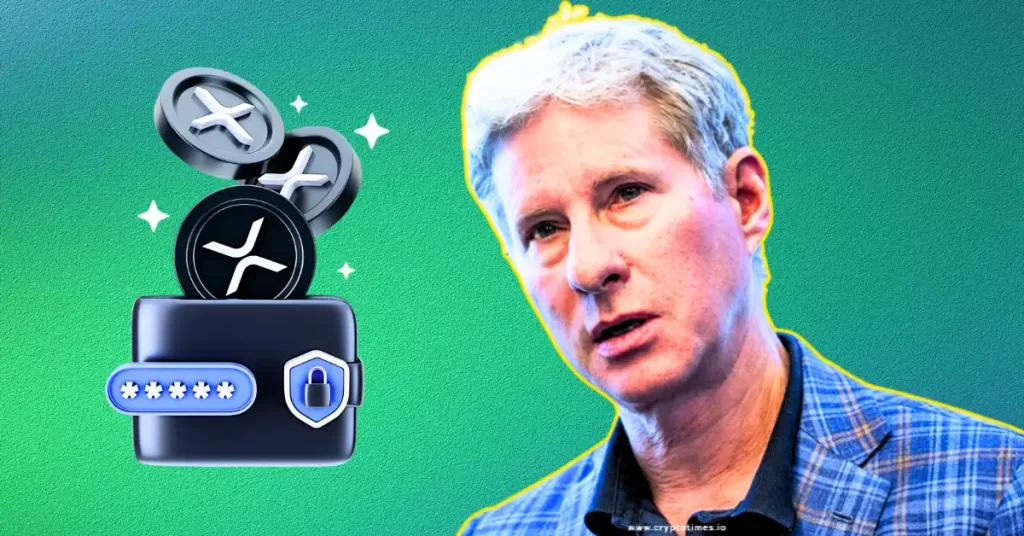Bhutan has started moving its national digital identity system onto the Ethereum blockchain, a step its government and partners describe as a first for a country of its size. According to government and blockchain sources, the move aims to anchor identity attestations on a public chain while keeping private personal data off the ledger. What The Shift Involves Based on reports , the National Digital Identity (NDI) platform will serve roughly 800,000 people and the full migration of credentials is expected to be completed by Q1 2026. Officials say the change follows earlier platform updates and is meant to strengthen how identity claims are verified across services. The government previously moved its self-sovereign identity system from Hyperledger Indy to Polygon in 2024, a step taken to improve scalability and performance before the latest integration with Ethereum. That earlier migration is part of the technical background now guiding the current switch. 1/ Today, Bhutan celebrates a historic milestone, becoming the first nation to anchor its national digital identity system on Ethereum. @VitalikButerin and I were honored to join the launch ceremony on behalf of the Ethereum community, graced by His Royal Highness. pic.twitter.com/KA4tOYbsJ4 — Aya Miyaguchi (@AyaMiyagotchi) October 13, 2025 Ceremony And Leaders Reports have disclosed that the launch event drew high-profile figures from the Ethereum community and Bhutan’s leadership. Ethereum co-founders and foundation representatives were present at the announcement, and local officials described the day as a landmark in the country’s plans for digital services. Technically, the government and its tech partners say the system will avoid placing private identity data directly on chain. Instead, cryptographic proofs or hashes will be used to confirm identity claims while personal records remain stored off chain under government control. That approach is intended to balance verification with privacy protections, according to public statements from project leads. What This Means For Citizens For many users, the change should be invisible day to day. Verifiers — banks, agencies, and service providers — will be able to check credentials against the public proof without receiving raw personal data. This is how officials describe the model in plain terms: keys and proofs on a public ledger, private data kept elsewhere under rules and legal guardrails. Still, practical questions remain. How will the government handle costs tied to public chain transactions? Which apps or wallets will citizens use? How will the system work in remote areas with limited internet? Those are the sorts of operational issues that the NDI team has said it will address as migration continues toward the Q1 2026 target. Global Context And Caution Experts say Bhutan’s move is notable because national identity systems are usually run on closed networks or permissioned ledgers. Anchoring proofs on a widely used public chain like Ethereum is uncommon at scale. Observers praise the transparency potential, but they also warn about long-term costs, governance, and the need for clear legal protections for citizens’ data. Featured image from Unsplash, chart from TradingView















